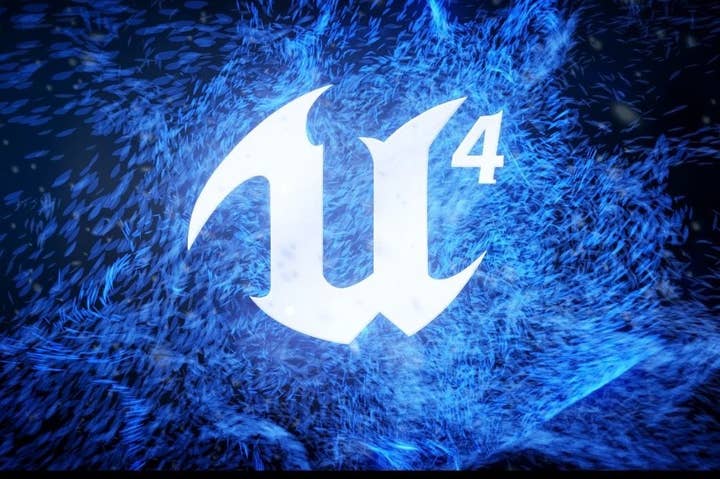Unreal Engine drops subscription fee, goes free for everyone
Epic still asking for 5% royalty on any shipped games which use it
Epic has taken another huge step in the evolution of its Unreal Engine business model and made the tool available to everybody for absolutely nothing. The $19 a month subscription fee has been completely dropped, although Epic is still asking developers for the previous five per cent royalty share on gross revenue over and above $3000 for each quarter.
As well as the tool itself and the source code being available for free, Epic has also committed to making every future update for the engine free too - a considerable promise when you realise that there have been seven major updates and 12 minor in the last year alone. As part of the deal, users will also gain access to the tool's vibrant and well populated community, where many developers share tips, textures and other creations freely. Also included are several templates, tutorials and other starter guides to help new users become acclimatised.
"It's a simple arrangement in which we succeed only when you succeed...Our goal is to give you absolutely everything, so that you can do anything and be in control of your schedule and your destiny"
Tim Sweeney
"It's a simple arrangement in which we succeed only when you succeed," said Epic's Tim Sweeney. "This is the complete technology we use at Epic when building our own games. It scales from indie projects to high-end blockbusters; it supports all the major platforms; and it includes 100 per cent of the C++ source code. Our goal is to give you absolutely everything, so that you can do anything and be in control of your schedule and your destiny. Whatever you require to build and ship your game, you can find it in UE4, source it in the Marketplace, or build it yourself - and then share it with others.
"The state of Unreal is strong, and we've realized that as we take away barriers, more people are able to fulfill their creative visions and shape the future of the medium we love. That's why we're taking away the last barrier to entry, and going free."
When Epic adopted the subscription model just a year ago, it saw user rates rocket. At the time, the move was seen as a way to help the company face down the ever increasing pressure from rival Unity, which had already moved from a point of purchase model to subscription. However, by moving to a free model, Epic has a chance to put its rival on the back foot instead. Sweeney says that this wasn't a reactive decision, but one which he feels will help the industry to grow and become more open.
"We've been figuring out how to engage the larger game dev community as we go, and the decision we we made last year to open the engine up was actually the most radical, I think," Sweeney later told GamesIndustry.biz by phone. "We were a little bit scared about what we were doing, but we thought it was the right thing to do, so we took a leap of faith.
"We're in this with the developers - this is a long term business prospect...our sole perspective is to make this technology as widely available as possible"
"We're in this with the developers - this is a long term business prospect. We're asking for 5 per cent royalties on the game, so our sole perspective is to make this technology as widely available as possible, to help developers succeed so we can succeed along with them.
"We've also seen huge amounts of use of the engine in areas we didn't really expect, like architectural visualisation, training simulation. What's even cooler is that there's been a lot of cross-pollination within the game development community. Once you've created Unreal assets, those can be used anywhere, so the textures that people create for an architectural visualisation are the same materials that can be used for realistic game environments. We see a lot of sharing on the forums. The more cross-pollination there is, the more benefits there are. Frankly, we weren't entirely prepared for that tenfold growth over the past year. We've spent a year just catching up. I can't wait for GDC next year to see the fruits of all this effort!"

